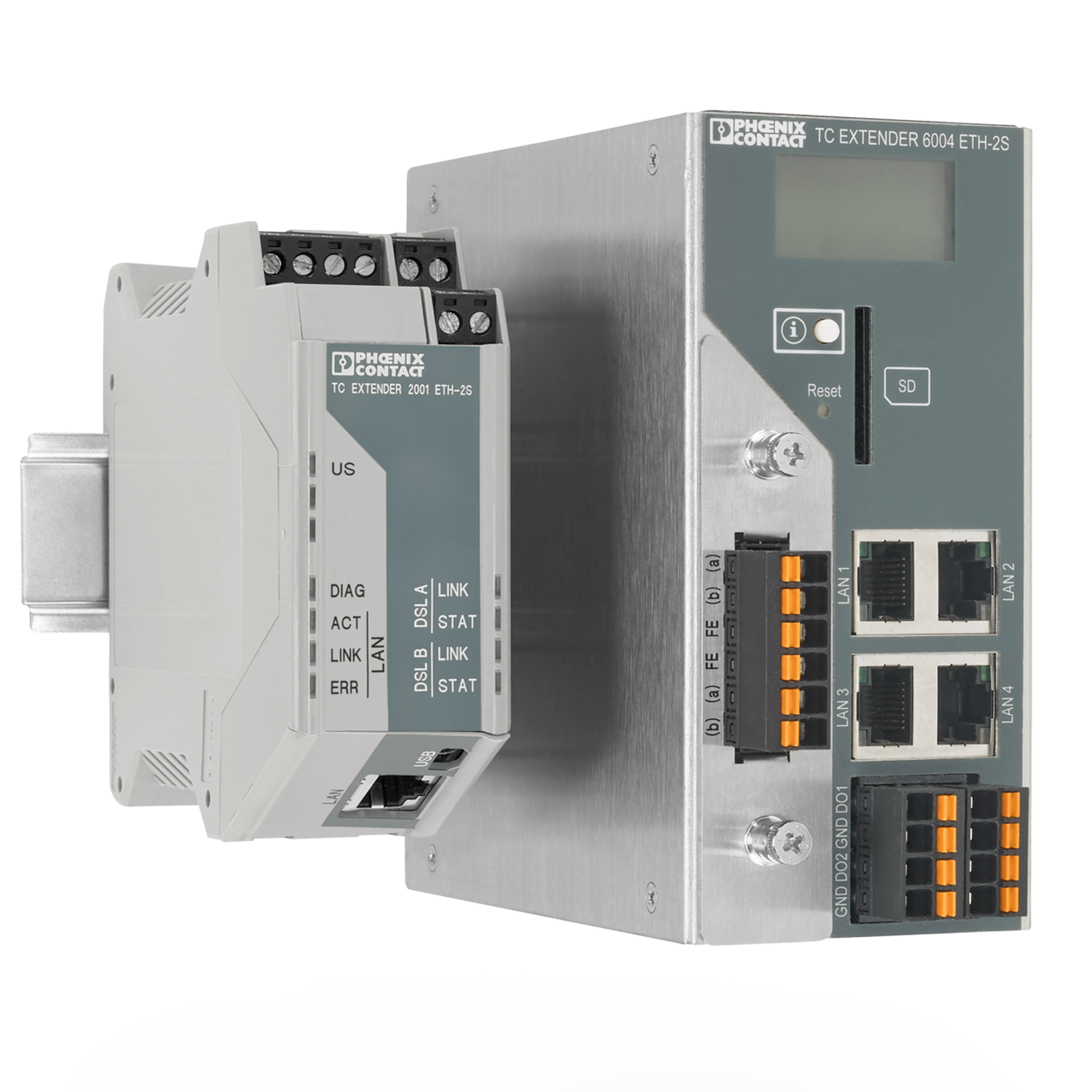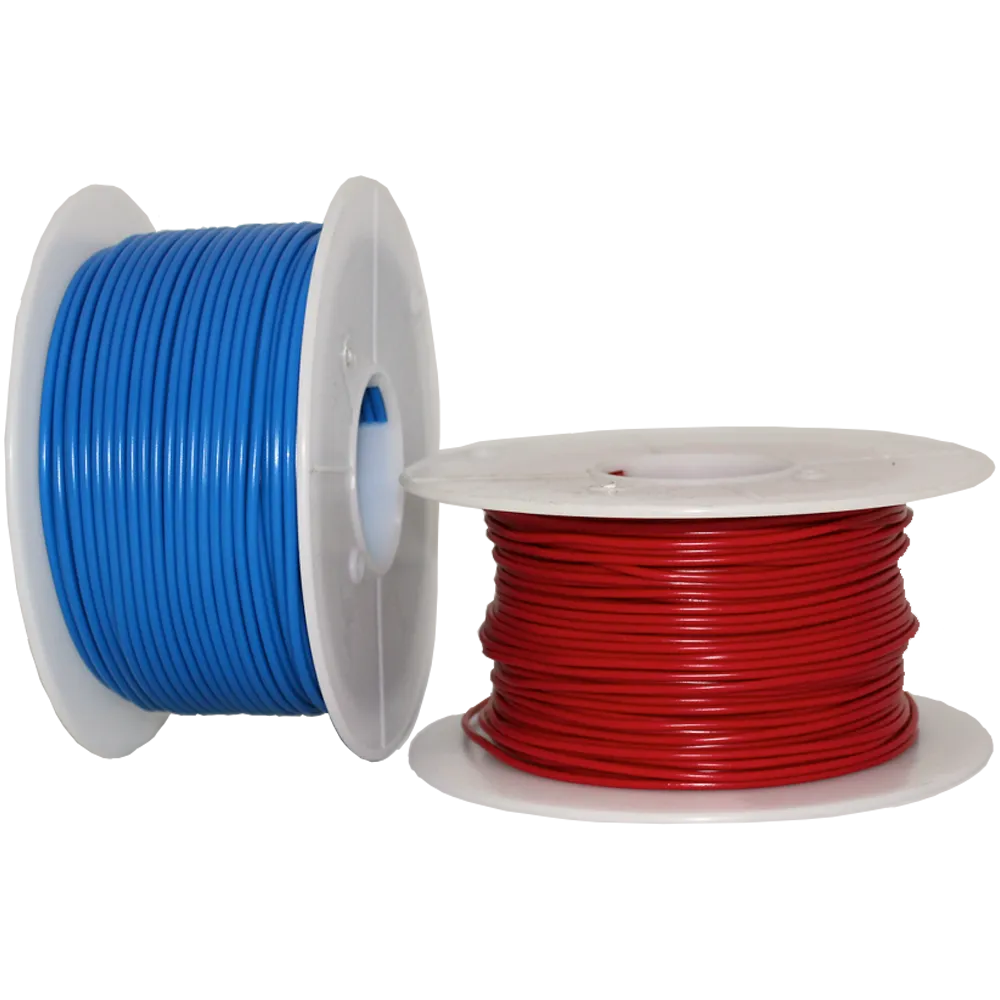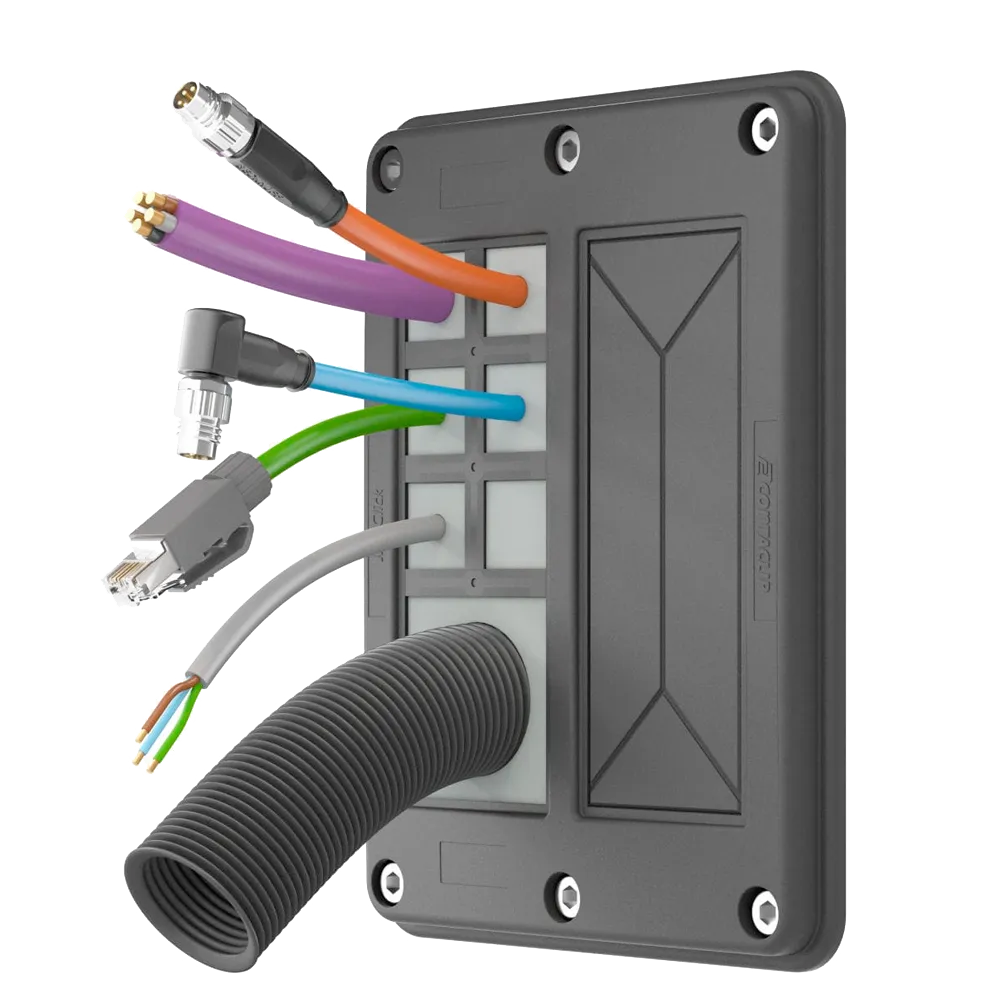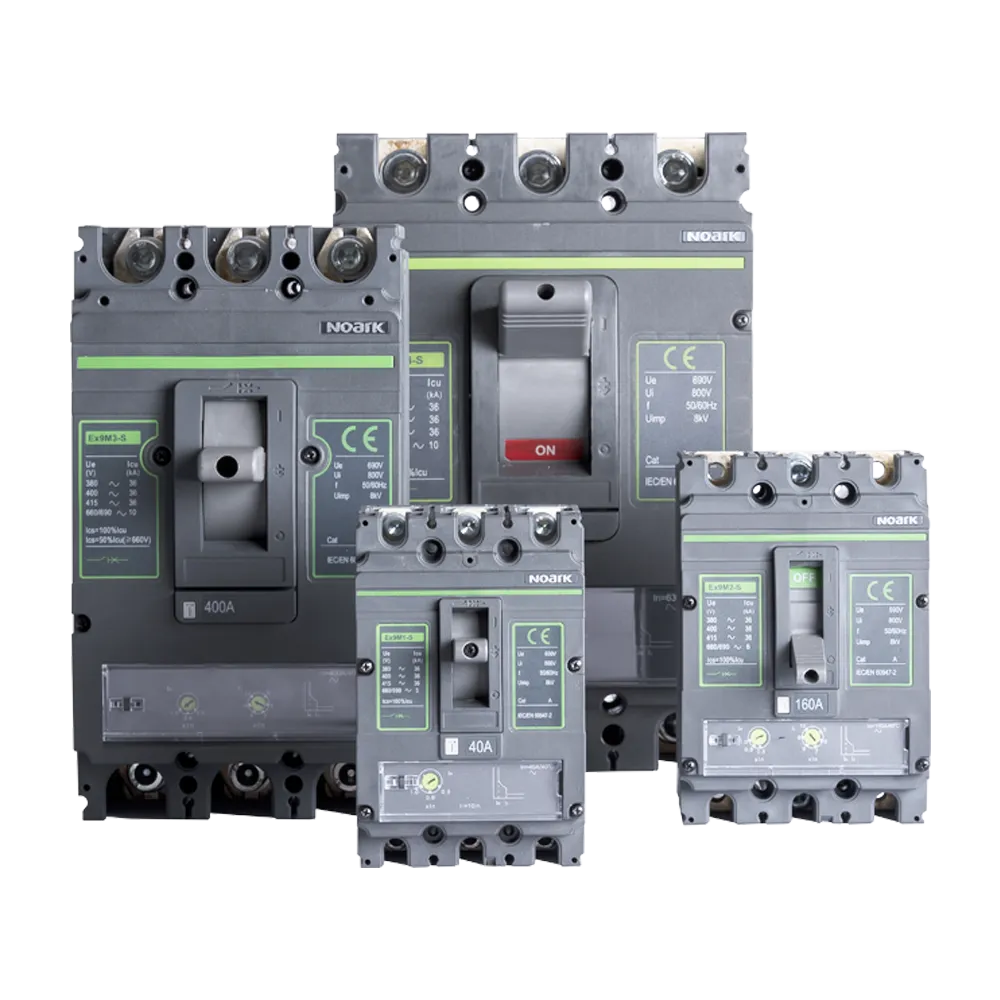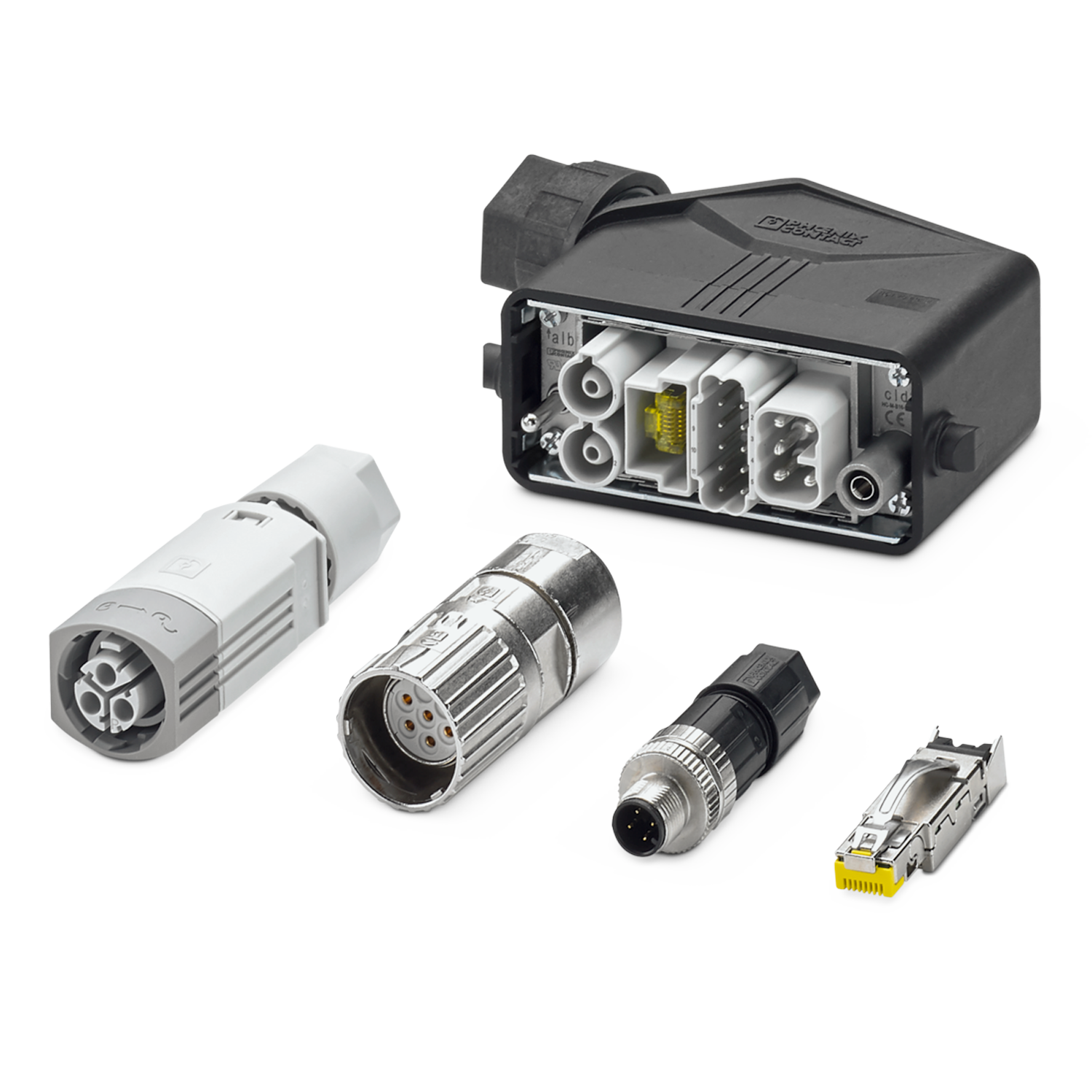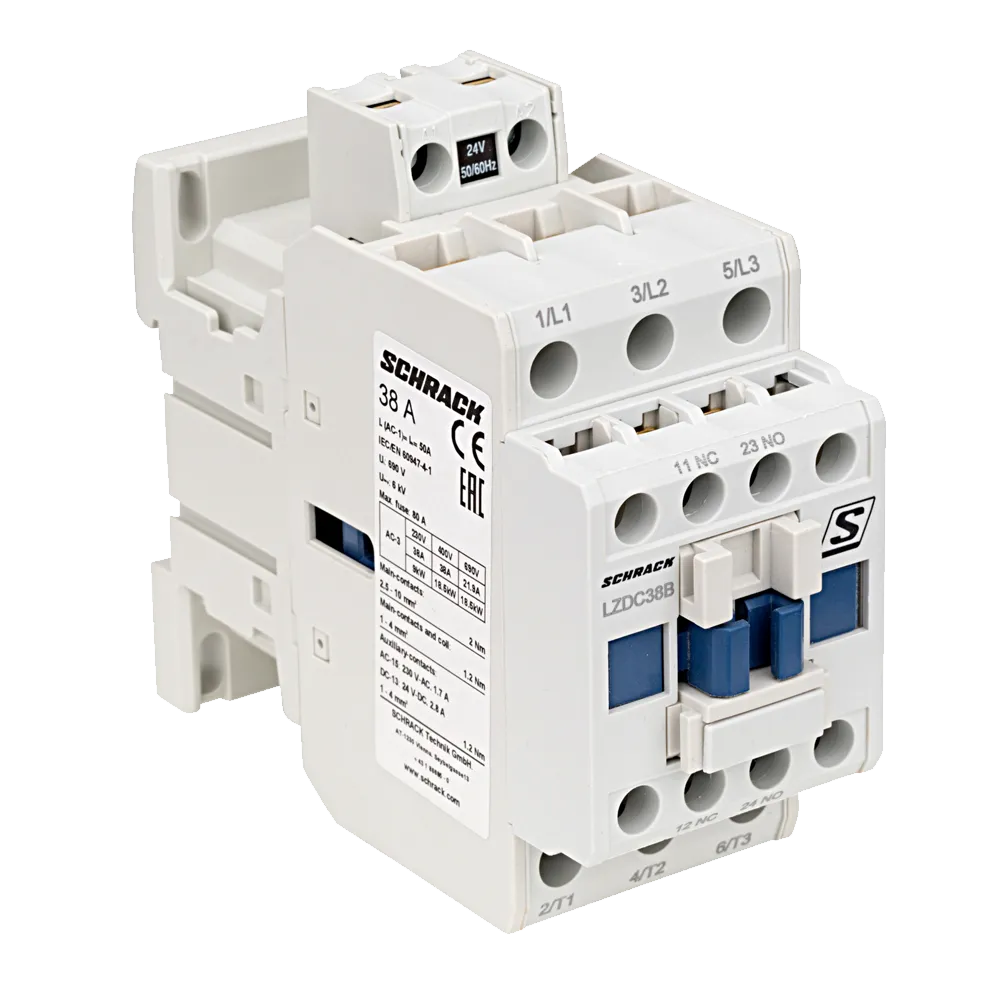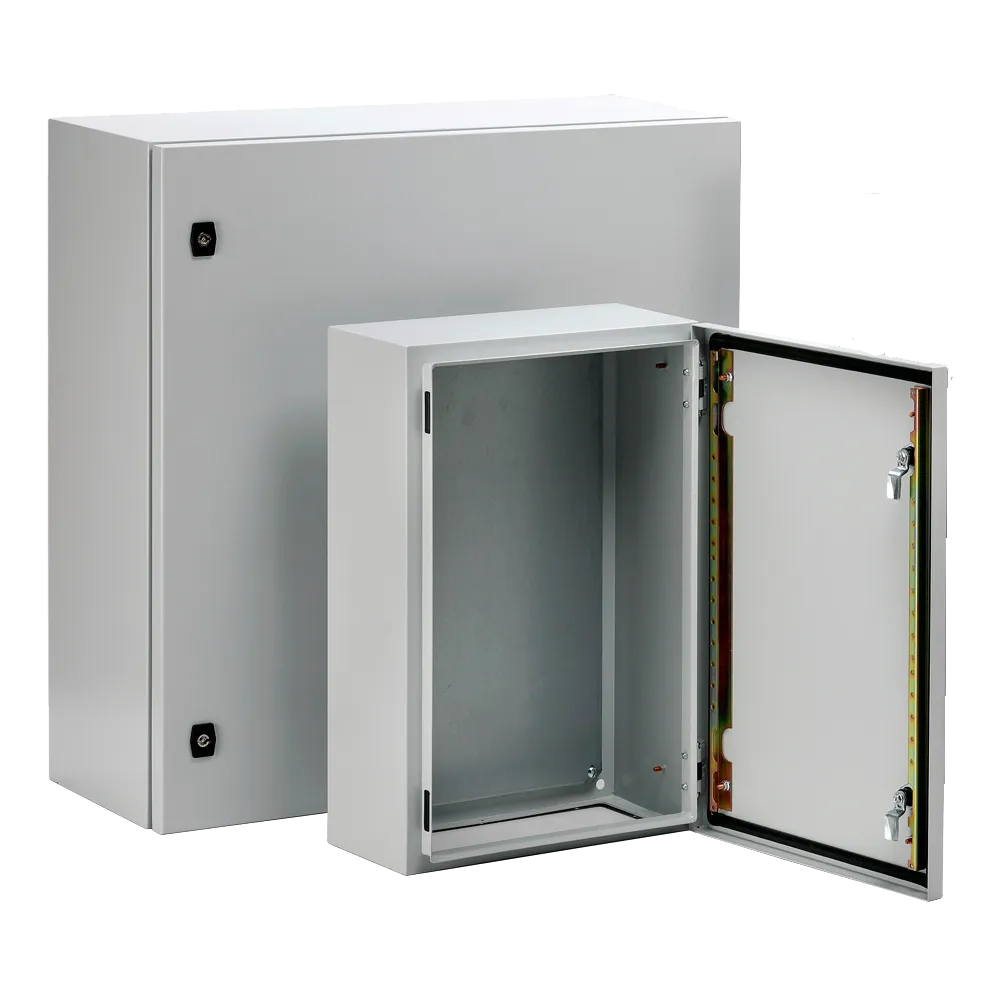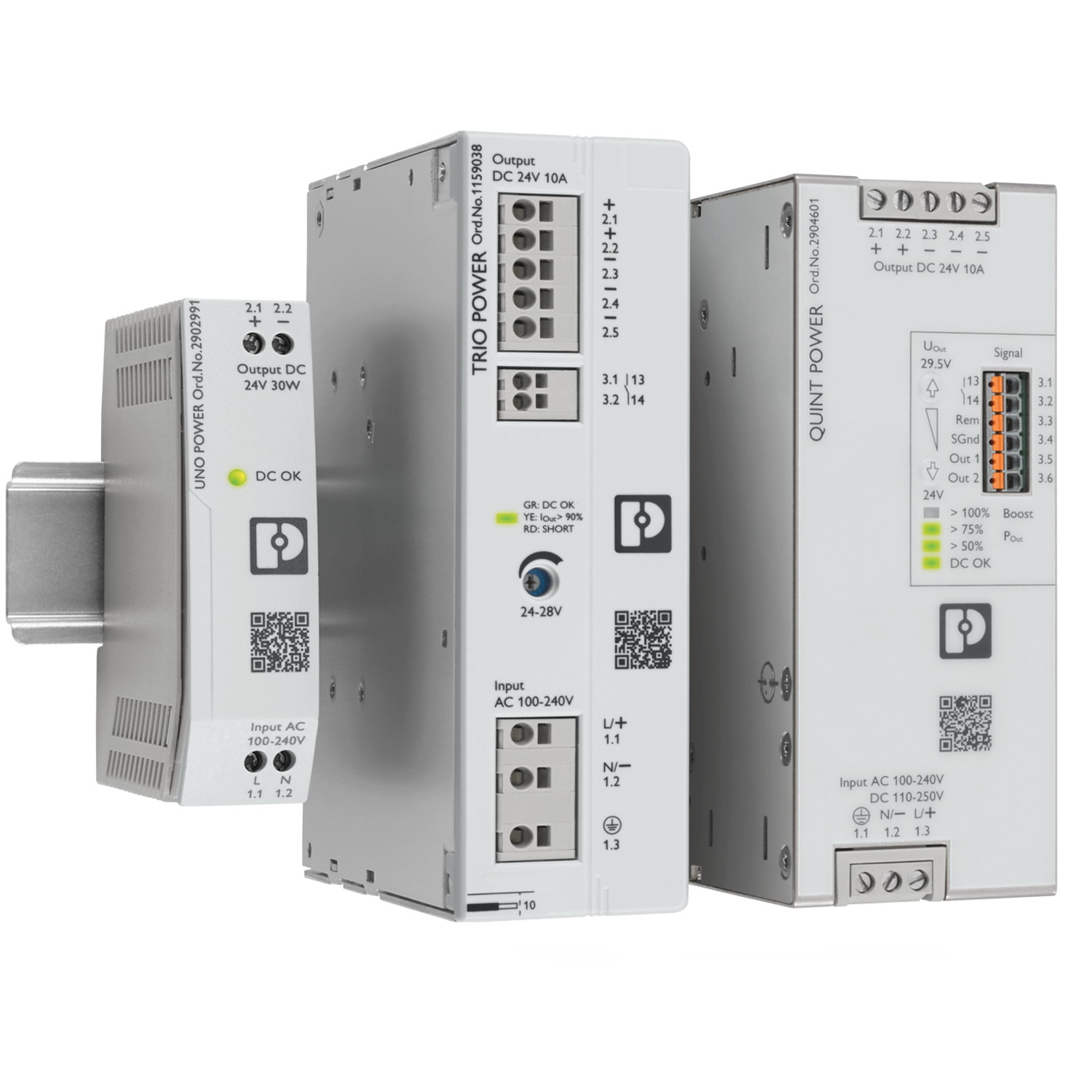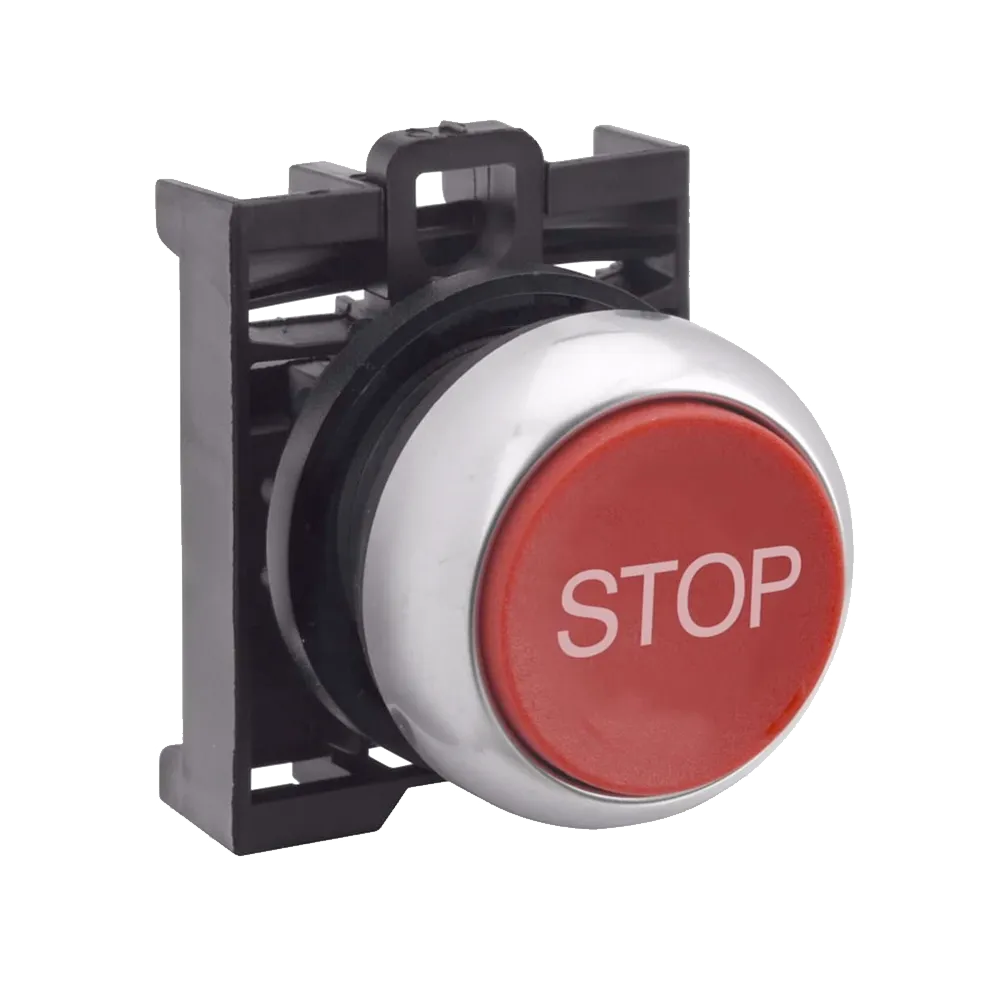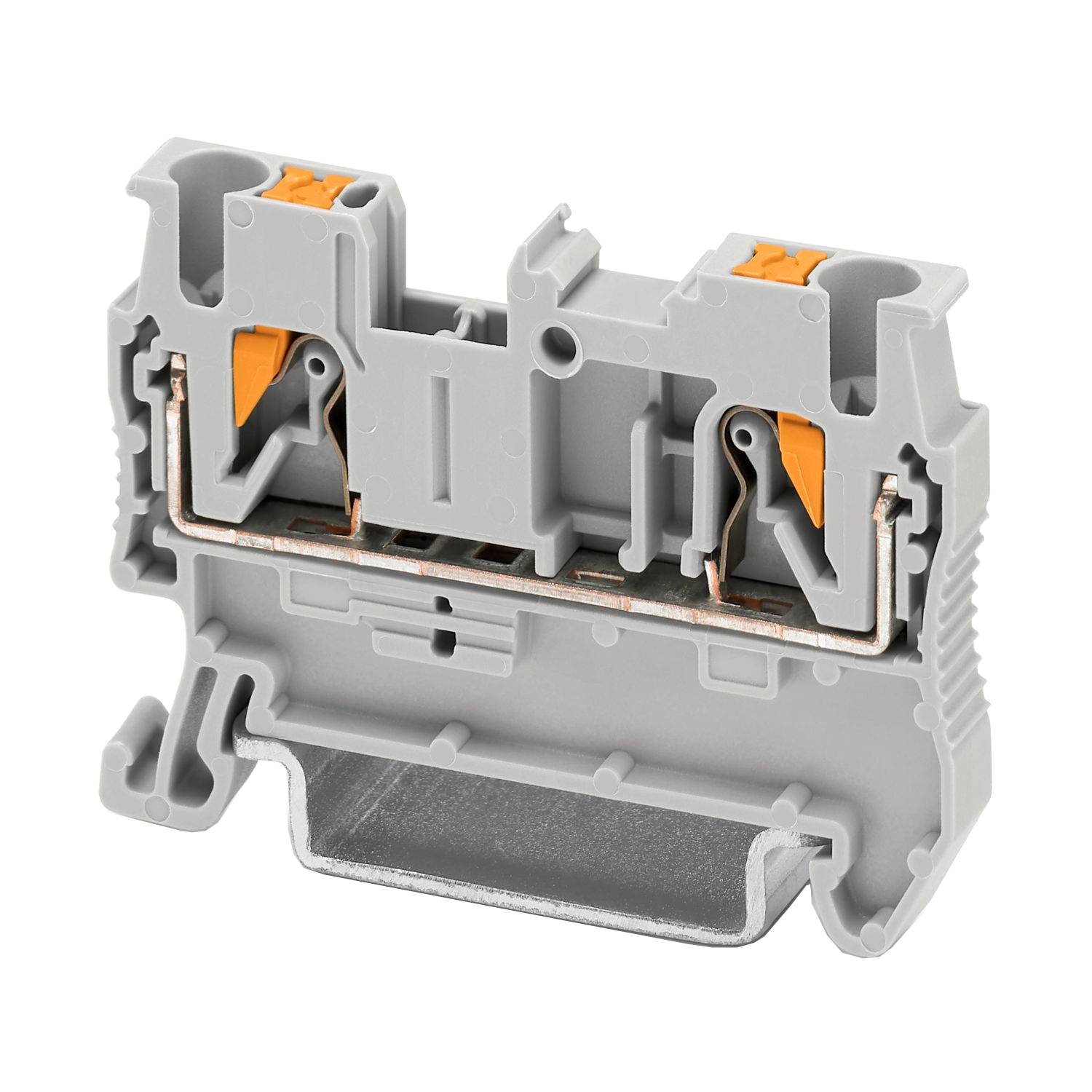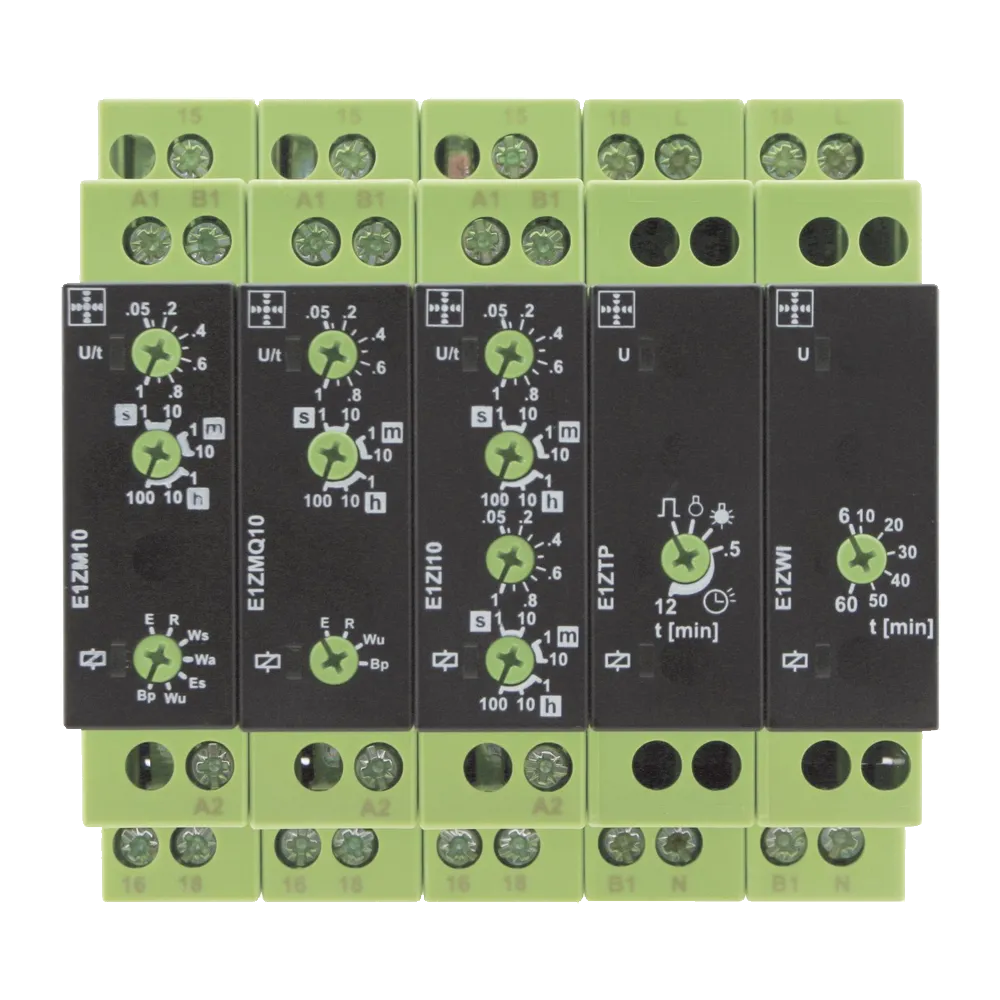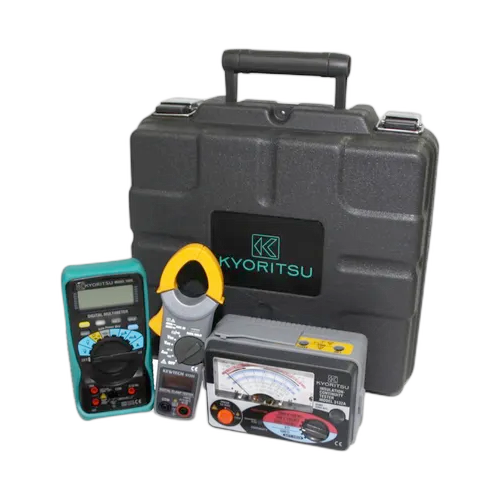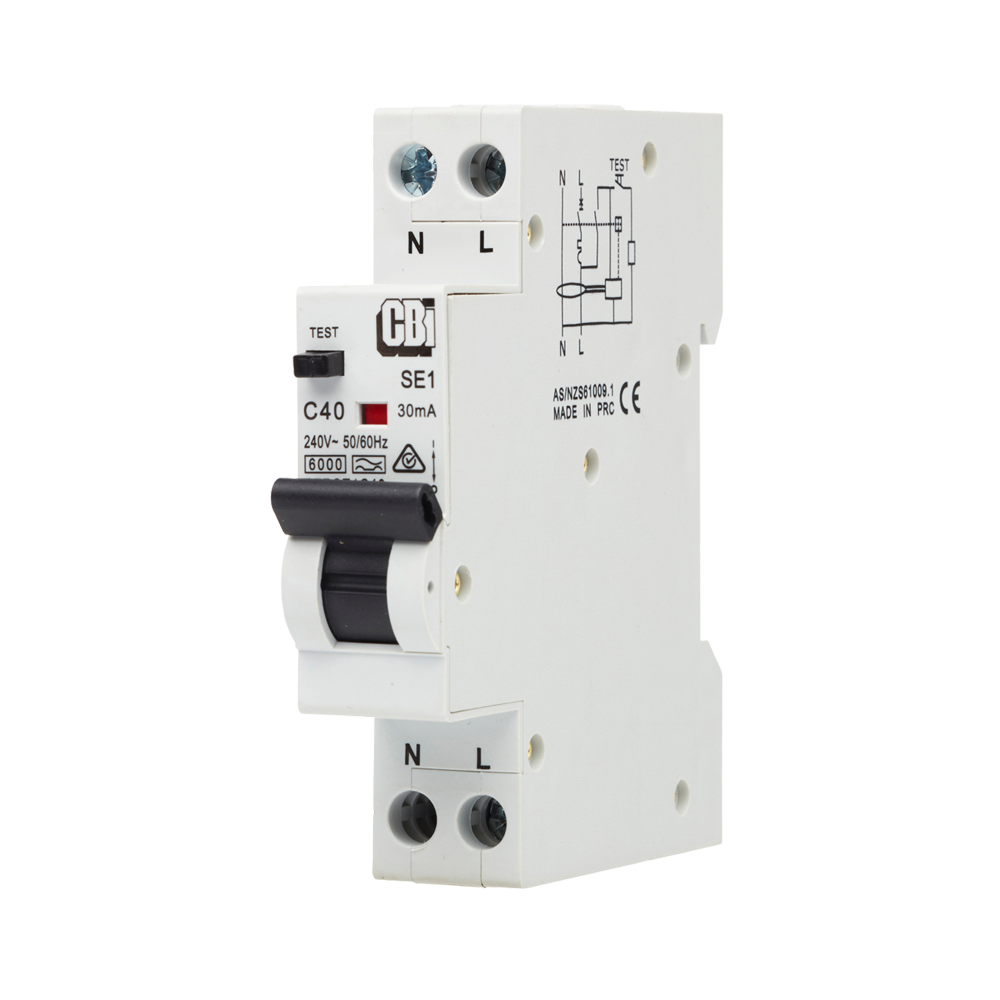
Exploring the difference between an RCD and an RCBO
In the realm of electrical safety devices, distinguishing between Residual Current Device (RCD) and Residual Current Circuit Breakers with Overcurrent Protection (RCBOs) is crucial. We will help inform you of the differences between an RCBO and an RCD, aiding you in selecting the most suitable option for your needs.
Residual Current Circuit Breaker (RCD):
A Residual Current Device primarily safeguards against earth fault currents, promptly detecting and interrupting circuits in response to leakage current, preventing potential fire hazards and electric shocks.
The working principle of RCD is based on Kirchhoff’s current law. This law states that the sum of currents entering the node should be equal to the sum of currents exiting the node. In normal conditions, the current flowing through the live and neutral wires should be equal.
RCDs are available in single-phase and three-phase variants with various tripping curves (AC, A, B, F). Type AC are no longer allowed to be used in Australia, and Type A is now the go to type. Type A RCDs are designed to work on both alternating currents and residual pulsating direct currents making them superior to Type AC RCDs. RCDS are widely used in residential, commercial, and industrial settings and are generally more cost-effective than RCBOs.
Residual Current-operated Circuit Breaker with Overcurrent Protection (RCBO):
The working principle of an RCBO against earth leakage is also based on Kirchhoff’s principle, i.e., the incoming and outgoing currents should be equal. So, an RCBO also monitors the difference in current values between live and neutral wires and breaks the circuit if a mismatch exceeds the safety threshold. Similar to regular MCBs, the working principle of an RCBO against overcurrent is generally based on electromagnetic induction and the inclusion of bimetallic strips. In the case of short circuits, the electromagnetic trip coil in the RCBO swiftly responds to the induction and trips the circuit breaker. When the circuit is overloaded with electrical devices, the bimetallic strip deflects and trips the breaker.
RCBOs are Ideal for installations requiring multifaceted electrical protection and are mandated for use in many applications. RCBOs are typically more expensive due to enhanced protective features.
So the Key Differences are:
An RCD protects against earth faults only, whereas RCBO offers a broader spectrum of protection against earth faults, overloads, and short circuits.
RCBOs combine features of RCDs with those of Miniature Circuit Breakers (MCBs), streamlining electrical protection into a single device.
RCBOs entail a higher initial investment owing to their advanced protective capabilities compared to RCDs.
The choice between RCBO and RCD hinges on specific requirements such as standards, protection scope, functionality needs, and budget considerations. While RCBOs provide comprehensive protection against multiple fault conditions, RCDs remain a cost-effective solution for basic earth fault protection.
For high-quality circuit protection devices, explore reputable brands like CBI offering a range of reliable RCBO products tailored to diverse electrical protection needs.

